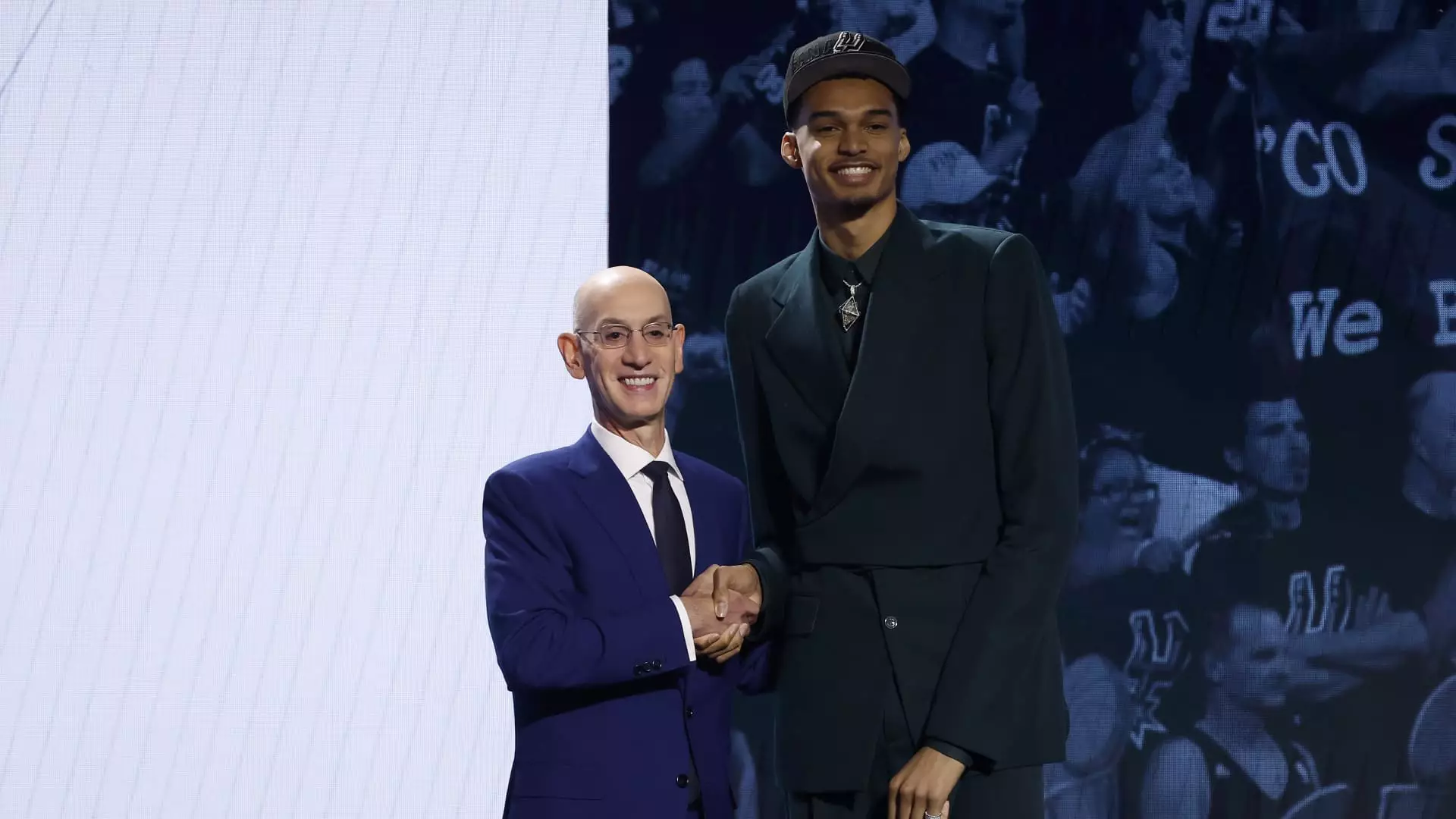Warner Bros. Discovery recently announced its intention to exercise its matching rights for a package of games that was slated for another company. The company is targeting the deal between NBC and Amazon Prime Video. This move by Warner Bros. Discovery comes after the NBA notified them of its intention to accept other offers for the games in their current rights package.
Warner Bros. Discovery stated that they have matched one of the offers submitted for the games, ensuring that fans can continue to enjoy their coverage. These matching rights were acquired by Warner Bros. Discovery as part of their previous deal with the league, which is set to expire at the end of the next season. It allows the company to match payments for games aired on TNT in the current deal.
One of the key questions that arise from this situation is whether the matching rights extend to an all-streaming package, similar to what Amazon has secured. Warner Bros. Discovery owns a streaming service, Max, which could potentially be used to air games. However, Amazon Prime Video boasts a significantly larger global customer base, making it a more appealing platform for the league. The streaming rights are said to be global, further complicating the situation.
The market valuation of both companies also plays a significant role in this battle for broadcasting rights. Amazon’s market capitalization is nearly $2 trillion, while Warner Bros. Discovery’s valuation has fallen to about $20 billion. CEO David Zaslav’s interest in more mergers or partnerships has raised questions about the future of the company, adding an extra layer of uncertainty for the NBA.
The Potential Consequences
If the NBA rejects Warner Bros. Discovery’s right to match the Amazon package, the potential outcomes are unclear. Legal action, a settlement, or renegotiation could be on the table. Crafting a fourth package of games seems unlikely, as existing deals with Disney, Comcast, and Amazon are already in place. These partners are willing to pay more money for fewer games, signaling a shift in the broadcasting landscape.
The NBA’s reluctance to carve out too many packages is driven by a desire to avoid consumer confusion and limit the number of services fans need to subscribe to. By streamlining the broadcasting rights and focusing on key partners, the league aims to provide a seamless viewing experience for its audience.
The battle for broadcasting rights between the NBA and Warner Bros. Discovery highlights the evolving nature of sports media distribution. As streaming platforms continue to gain prominence, traditional broadcasters are adapting to the changing landscape. The outcome of this dispute will not only impact the companies involved but also shape the future of sports broadcasting in the digital age.

